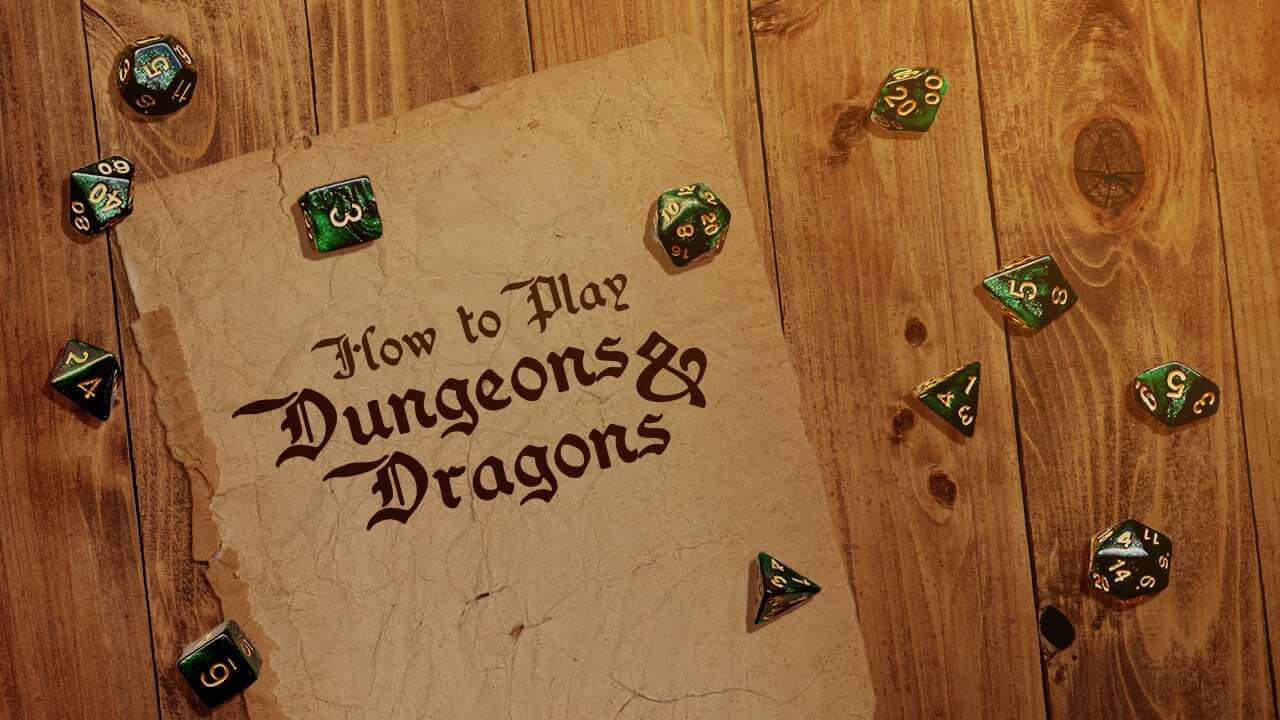Playing Dungeons & Dragons (D&D) involves a combination of storytelling, roleplaying, and strategic decision-making. Here’s a step-by-step guide to help you get started:
- Gather a Group: Find a group of friends or acquaintances who are interested in playing D&D. Ideally, the group should consist of a Dungeon Master (DM) who will guide the game and play the non-player characters (NPCs), as well as players who will control their individual characters.
- Choose an Edition: Determine which edition of D&D you will be playing. The most recent edition as of my knowledge cutoff in September 2021 is the 5th edition (D&D 5E), which is beginner-friendly and widely played. However, there are other editions available, such as 3rd or 4th edition, which have their own rules and mechanics.
- Create Characters: Each player creates their own character by selecting a race (such as elf or dwarf), class (such as wizard or fighter), and background. Character creation involves assigning ability scores, selecting skills and abilities, and determining equipment. The rulebooks provide guidelines and instructions for this process.
- Learn the Rules: Familiarize yourself with the basic rules of the game. This includes understanding how ability checks, combat, saving throws, and spellcasting work. The Player’s Handbook contains all the essential rules and mechanics for D&D 5E.
- Start a Campaign: The DM will create or select a campaign setting, which is the world where the adventure takes place. They will craft a story, design encounters and challenges, and provide a framework for the players to explore. The DM may use pre-made adventures or create their own from scratch.
- Roleplay and Adventure: During gameplay, the DM describes the environments, situations, and NPCs, while the players describe the actions and decisions of their characters. Roleplaying involves speaking and interacting as your character, allowing them to come to life within the game world. The DM resolves actions using dice rolls and applies the rules accordingly.
- Progression and Experience: As the players successfully overcome challenges, they earn experience points (XP) and may level up, gaining new abilities, spells, and other benefits. The campaign progresses as the characters embark on quests, solve mysteries, defeat foes, and achieve their objectives.
- Enjoy the Adventure: D&D is a collaborative storytelling experience where creativity and imagination are key. Embrace the narrative, engage with your fellow players, and have fun exploring the world and overcoming challenges together.
Remember, D&D is a flexible game, and each group may have its own variations and house rules. The most important aspect is to communicate with your group, respect one another, and create an inclusive and enjoyable experience for everyone involved.
